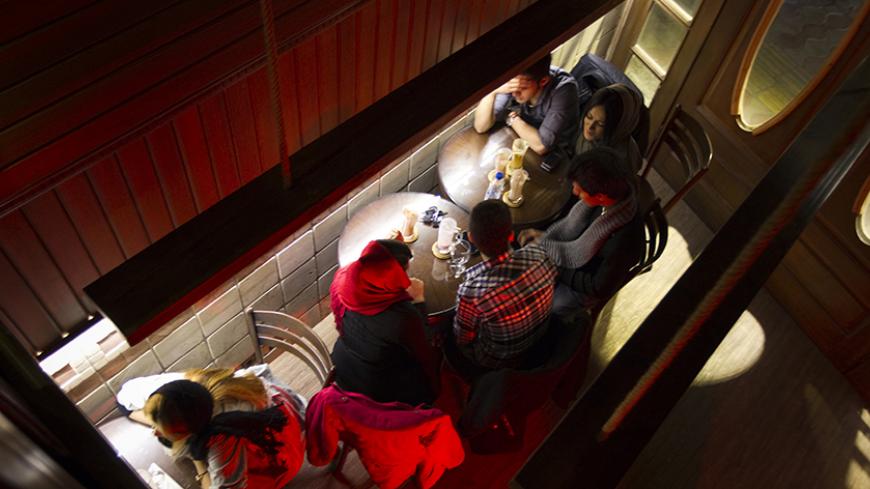KASHAN, Iran — Some 190 kilometers (120 miles) south of Tehran lies the city of Kashan. There, a group of Iranian university lecturers who are also pro-reform activists gather around a dinner table in a traditional cafe near the old bazaar, which is famous for its carpets. Al-Monitor asked them, How do you see the developments of the Arab Spring and its repercussions for you and your country?
To Iranian Reformists, the Arab Spring is a significant matter. They see it as having had a positive impact on the West’s — including the United States’ — approach toward Iran. However, they also see it as having intensified sectarian divisions, ultimately strengthening conservatives in Iran.



